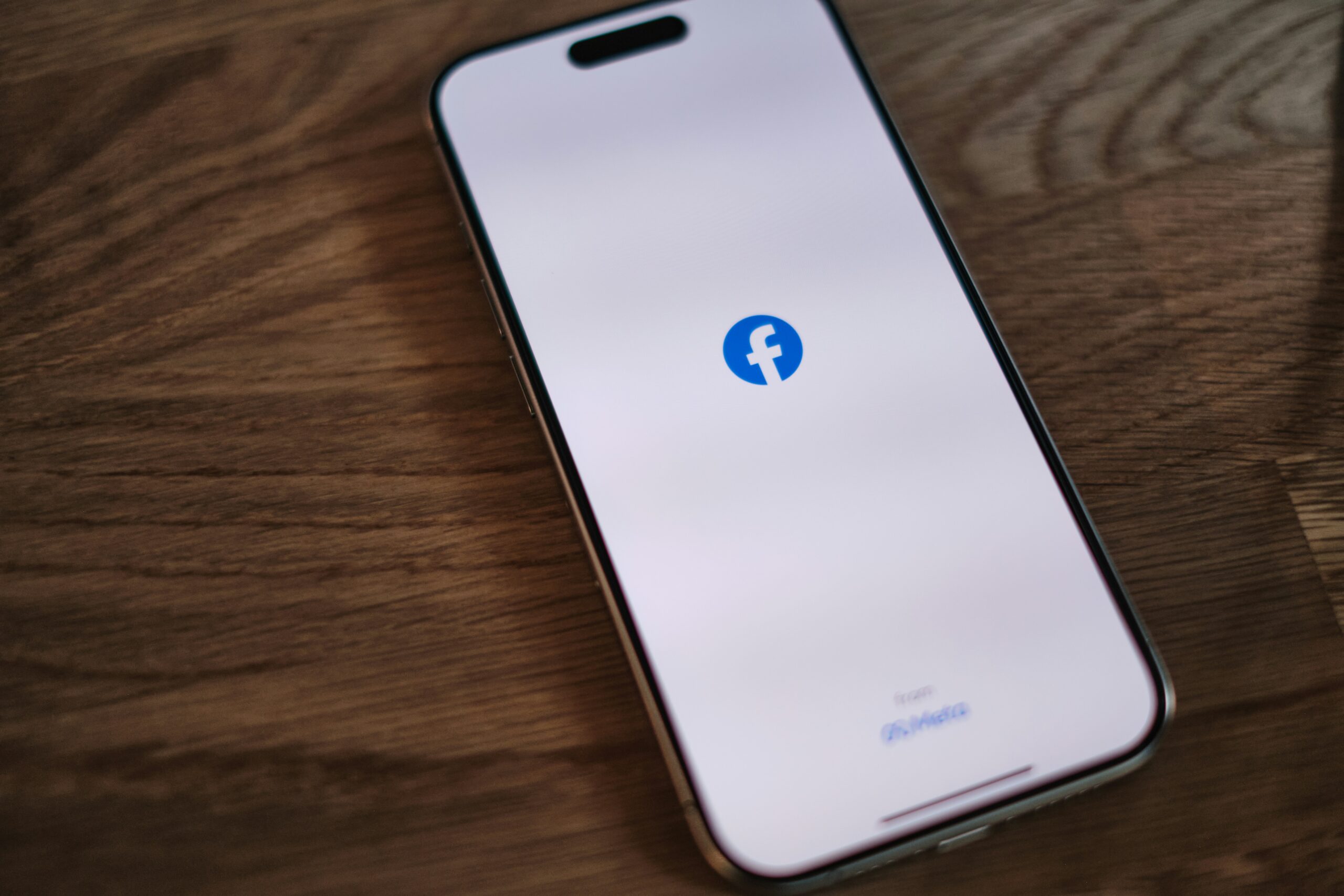On June 23, 2025, Nip & Tuck Plastic Surgery, LLC (“Defendant”) was sued in the Northern District of Georgia for allegedly violating the Do Not Call (“DNC”) provisions of the Telephone Consumer Protection Act (“TCPA”). DNC compliance means that, in general, companies cannot place telemarketing calls to consumers who have registered their telephone numbers on the DNC registry. As we know, however, the DNC provisions comprise only one small part of what makes up the TCPA. In the wake of the Supreme Court’s landmark decision in Facebook v. Duguid, telemarketing plaintiffs have been exploring new avenues to sue for failure to observe proper TCPA compliance procedures. Even if some recent TCPA lawsuit allegations seem novel, it is important to take them seriously, including those claims involving state TCPA equivalents.
A Few of the Most Common Post-Facebook TCPA Allegations
The telemarketing regulatory landscape continues to change quickly, and, despite good faith efforts, countless businesses find themselves mired in TCPA class action lawsuits.
Of late, TCPA plaintiffs have brought suit that include allegations involving:
- Telephone calls that utilize AI-generated voice without first obtaining requisite consumer consent;
- Agents that fail to clearly identify themselves and the businesses they represent during telemarketing calls;
- Telephone calls placed during “quiet hours.” Specifically, the Federal Communications Commission’s regulations explain that telemarketers may only make telephone solicitations between the hours of 8 AM and 9 PM in the consumer’s time zone.
Why is TCPA Compliance Important to Your Business?
Noncompliance with the TCPA may result in statutory damages in the amount of $500 per violation. If a court of law finds that a TCPA violation was willful, it may award the plaintiff up to $1,500 per incident.
Against this backdrop, companies that engage in telemarketing must maintain proper TCPA compliance procedures at all times. For example, DNC best practices include subscribing for access to the National DNC registry, paying all necessary fees, and scrubbing potential called party numbers against the registry (and company internal do-not-call lists) prior to commencing any telemarketing campaign. Observing best practices, and retaining experienced telemarketing counsel, can go a long way towards reducing the chance that your business becomes a defendant in one of the hundreds of telemarketing lawsuits filed every month.
The attorneys at Klein Moynihan Turco regularly advise clients on TCPA compliance and defend telemarketing class action matters. If you require assistance with telemarketing law compliance or related litigation defense, please email us at info@kleinmoynihan.com or call us at (212) 246-0900.
The material contained herein is provided for information purposes only and is not legal advice, nor is it a substitute for obtaining legal advice from an attorney. Each situation is unique, and you should not act or rely on any information contained herein without seeking the advice of an experienced attorney.
Attorney advertising
Photo by appshunter.io on Unsplash
Similar Blog Posts:
The Telemarketer’s Guide To Do-Not-Call Compliance
TCPA Text Class Action Against Wolf of Wall Street Dismissed
Duguid v. Facebook, Footnote 7: TCPA Landscape Significantly Altered by Ninth Circuit Decision




